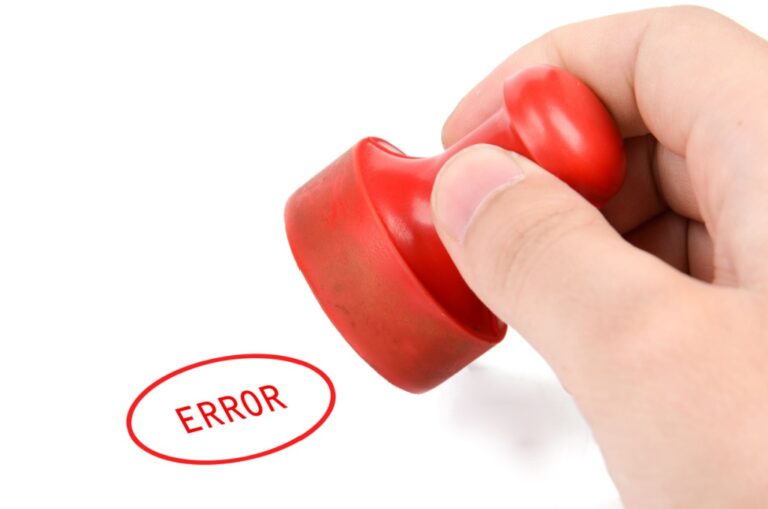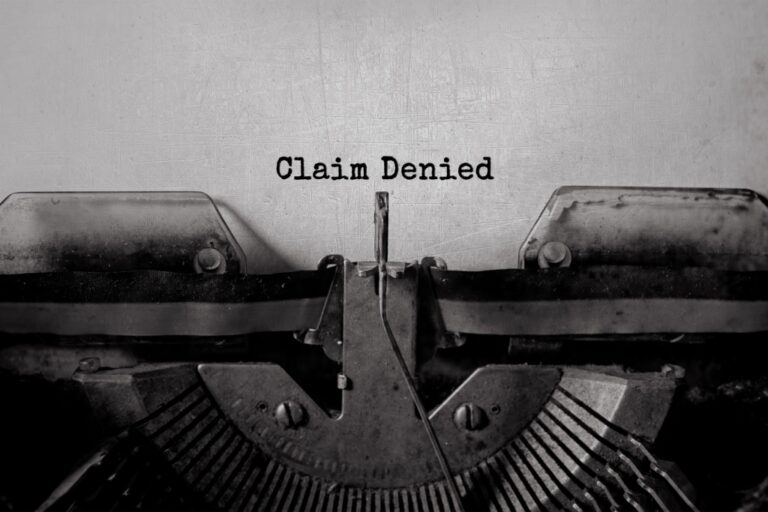The Connection Between PTSD and Substance Abuse in VA Disability Claims

Post-traumatic stress disorder (PTSD) is a condition many veterans experience after returning from service. This mental health issue can significantly impact a veteran’s life, often leading to other challenges, including substance abuse. When PTSD and substance abuse are connected, it can complicate VA disability claims. However, understanding how these issues are intertwined and how they can be addressed in a disability claim is essential for veterans seeking the benefits they deserve.
How PTSD Can Lead to Substance Abuse
PTSD affects a veteran’s ability to process trauma and stress, often resulting in symptoms like flashbacks, anxiety, depression, and difficulty sleeping. To cope with these overwhelming symptoms, some veterans turn to alcohol or drugs as a way to numb their emotional pain or escape their experiences. Unfortunately, substance abuse can quickly become a cycle of dependency, worsening the original PTSD symptoms.
For many veterans, substance abuse begins as a way to self-medicate. Alcohol, opioids, and other substances may temporarily alleviate symptoms of PTSD, but they eventually lead to more significant physical, emotional, and social issues. The relationship between PTSD and substance abuse is a well-known and documented issue, often referred to as “dual diagnosis” or “comorbid conditions.”
Filing a VA Disability Claim for PTSD and Substance Abuse
When a veteran applies for VA disability benefits due to PTSD, they may also be able to receive benefits for substance abuse if it is directly related to their PTSD. The VA recognizes that PTSD can lead to secondary conditions, such as alcohol or drug dependency, and will consider these factors in a disability claim.
To receive benefits for both PTSD and substance abuse, a veteran must demonstrate that their substance abuse is a result of their PTSD. This is known as establishing a “secondary service connection.” A secondary service connection means that while the veteran’s substance abuse is not directly caused by their military service, it stems from their service-connected PTSD.
The Role of Medical Evidence in a Disability Claim
Medical evidence is critical when filing a VA disability claim for PTSD and substance abuse. Veterans must provide comprehensive medical records that document their PTSD diagnosis and its connection to substance abuse. This can include:
- Medical Records: Documentation from healthcare providers, therapists, and mental health professionals that show a clear PTSD diagnosis and any treatments for substance abuse.
- Nexus Letter: A medical nexus letter from a qualified healthcare provider can establish the connection between a veteran’s PTSD and substance abuse. This letter should explain how the veteran’s substance abuse is a direct result of their PTSD.
- Personal Statements: Veterans can submit statements describing how PTSD has led to their use of substances to cope with their symptoms. These statements help demonstrate the real-life impact of these conditions.
The more detailed and comprehensive the evidence provided, the stronger the claim. Veterans should work closely with their healthcare providers to ensure that all relevant information is included in their medical records.
How VA Rates PTSD and Substance Abuse Claims
The VA uses a rating system to determine the level of disability a veteran experiences due to PTSD and substance abuse. The severity of PTSD symptoms is rated between 0% and 100%, depending on how much the condition affects the veteran’s ability to function in daily life. Substance abuse is not typically rated separately but rather as part of the overall impact of the veteran’s PTSD.
A higher rating can lead to greater disability compensation, so it is important to provide thorough evidence of how both PTSD and substance abuse affect the veteran’s quality of life.
Seek Help to Maximize Your VA Benefits
Veterans facing the dual challenges of PTSD and substance abuse deserve comprehensive care and support. Filing a VA disability claim that accounts for both conditions can be complex, but it is essential to ensure veterans receive the compensation they need. If you or a loved one is struggling with PTSD and related substance abuse, legal help can make a significant difference.
For guidance on filing a claim or improving your chances of a successful outcome, contact VA Benefits Attorneys Powered by Tabak Law today. Our experienced team is dedicated to helping veterans navigate the VA disability claims process and secure the benefits they deserve. Don’t wait—reach out for a free consultation and take the first step toward getting the support you need.







